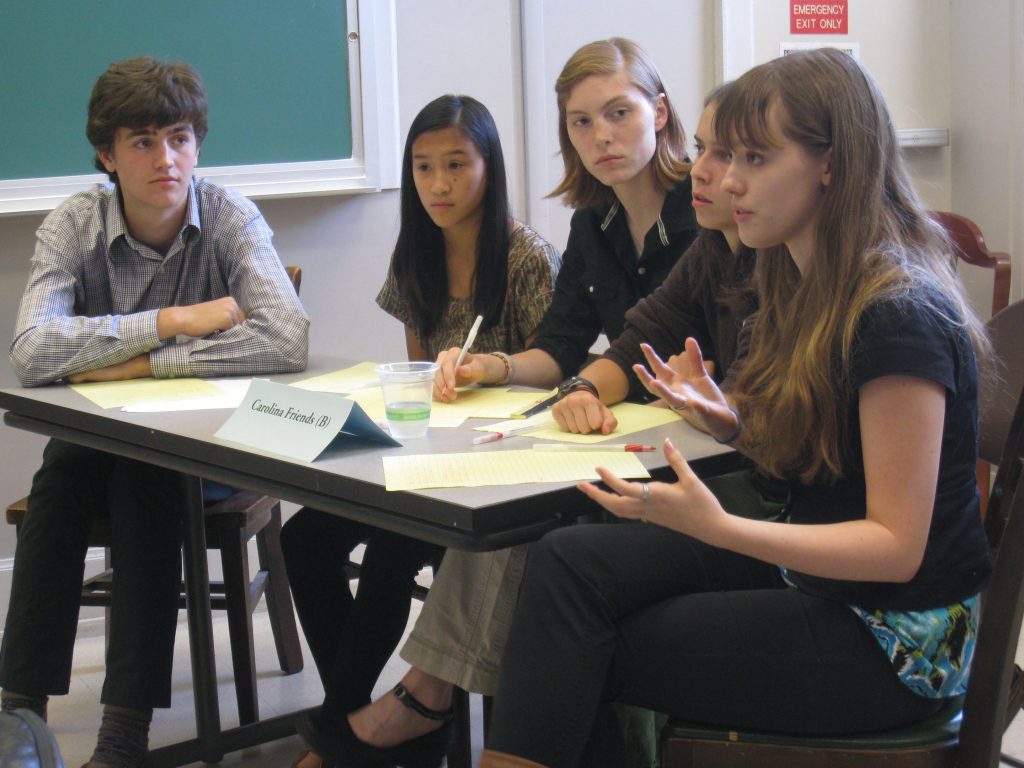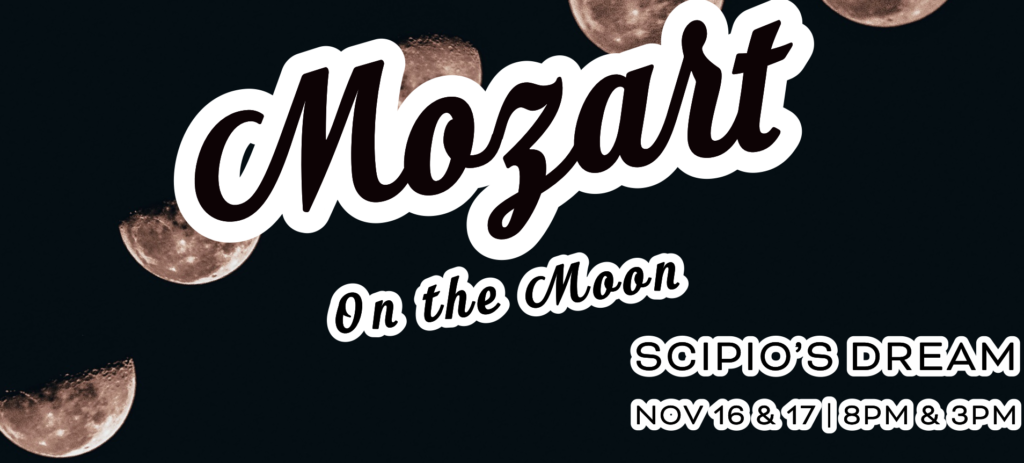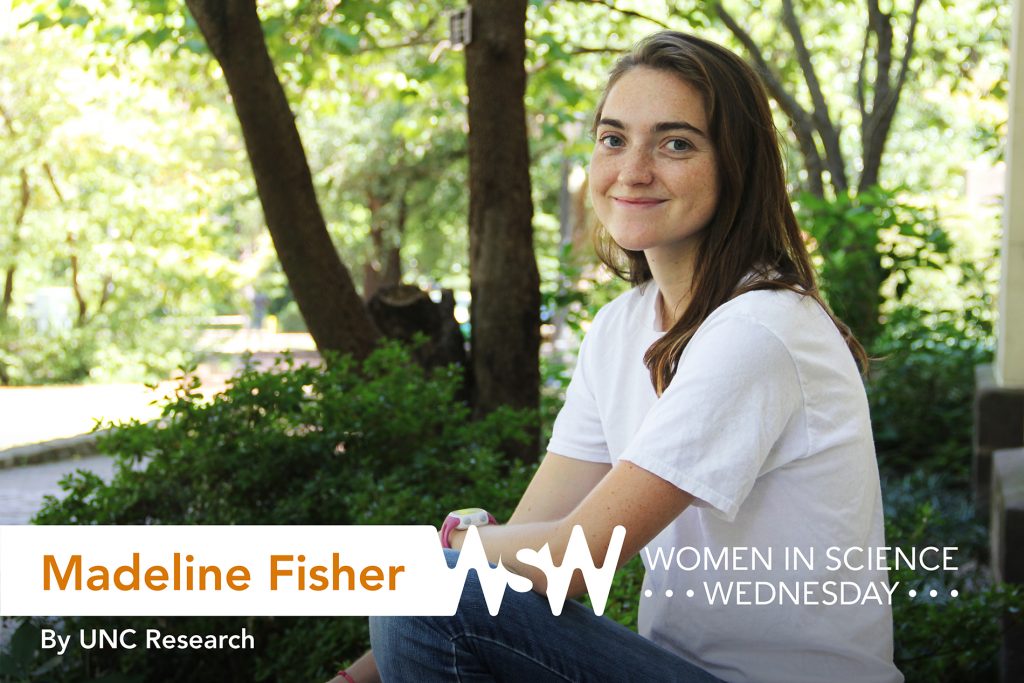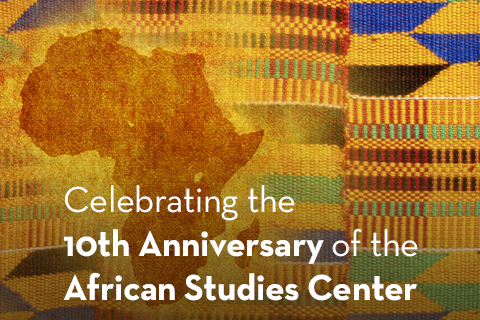Popular young adult novelist Sarah Dessen ’93 is awaiting the May release of her 10th novel, What Happened to Goodbye. The English major, who later returned to teach creative writing at UNC for eight years, talks with us about her latest book, writing process and experiences at Carolina. Her parents were professors in the College of Arts and Sciences: Alan Dessen in English and Cynthia Dessen in classics. Many of her books have won awards and appeared on major best-seller lists, including The New York Times. She was recently honored with a Distinguished Young Alumni Award from the General Alumni Association.
Q: How did your education at Carolina and/or your teaching help you with your writing career?
A: It wasn’t until I was a student in the Creative Writing Program that I actually believed I could be a writer. My teachers were so good, and so passionate, and they thought I had what it took long before I was able to believe it myself. Once I was a writer, teaching really forced me to keep working. I couldn’t tell my students they had to be disciplined and write every day and not do it myself. It kept me honest.
Q: What was it like to have parents as professors at UNC?
A: It was really just what I knew. I skateboarded in the Pit while my dad taught at Greenlaw, hung out in the Murphey Hall lounge with my brother while my mom had meetings. Carolina always just felt like my backyard, an extension of Chapel Hill. I still feel that way about it, actually. As a student, I got to see an entirely different side, though. I always felt like I wouldn’t want to attend UNC because I felt like I’d been a student there all my life. But it was very different than I expected. There’s so much to do and know there.
Q: How and why did you start teaching at UNC? Would you return?
A: I did a reading at the Bull’s Head when my first book, That Summer, was released. Marianne Gingher, who was then head of the writing program, brought her class, and a few weeks later I got a call from her asking me if I was interested in filling in for a semester. It felt like winning the lottery! Although to go from waitressing at the Flying Burrito to working in Greenlaw was a bit of a shock. I had customers who were professors there, and I don’t think they ever really got used to seeing me in the mail room instead of carrying a tray. As far as coming back, right now I’ve got my hands full with my daughter and writing. But you never know.
Q: What is your writing process like? What is your inspiration?
A: I write in the afternoons, from 3-5 or so, every day if i can, although that’s not always possible. I don’t start a book until I have what I call my skeleton: the first scene of the book, the last scene, the climactic scene and the first line. They often change as I write, but it’s good to have sort of a sense of where I’m going before I begin. With all that said, it is far from a perfect process. I throw out almost as much as I actually publish. You just have to try a lot, and keep trying, to find what works.
Q: What is What Happened to Goodbye about?
A: It’s the story of a girl whose parents had an ugly divorce, and since then she’s been on the road with her father, who has a job fixing up restaurants and selling them. In each town, she’s taken on a new identity, created a new character to be. As the book begins, though, she lands in town where for various reasons she has to be herself. It’s a story about how you do that, how hard it can be, and why it’s so important to be true to yourself.
Q: This is your 10th book. Has your writing process or your view of writing changed?
A: It has, and I think that’s a good thing. I learn something from every book, and hope to use that and not make the same mistake the next time. There’s also additional pressure now because I do have nine books out, so I want to be sure whatever I write next is up to their standards. It’s a great thing to have an eager audience, but I’m always worried about repeating myself, or the next book lacking something.
Q: Why do you incorporate Chapel Hill into your books, with it being the inspiration for Lakeview?
A: Basically, I just write what I know, and I know Chapel Hill. But I learned in my writing classes at UNC that writing about a real place opens up the possibility of people disagreeing with you about landmarks, distances and things like that. A fictional town, a fictional universe, means nobody is an expert but me. Just the way I like it!
Q: What’s your best advice for students who want to write?
A: Be disciplined. Write every day, at the same time. Train your brain that you need to work then, and you’ll always be aware when you’re not writing and should be. Read as much as you can, because that’s really the only way to learn besides just writing itself.
Q: What are you reading now?
A: I just finished Jonathan Franzen’s Freedom, which I thought was fantastic. Now I’m reading The Unnamed by Joshua Ferris, which is also really good. Next up is Kate Atkinson’s latest. I don’t have as much time to read as I did before I had my daughter, but I do my best.
[Interview by Kristen Chavez ’13]




